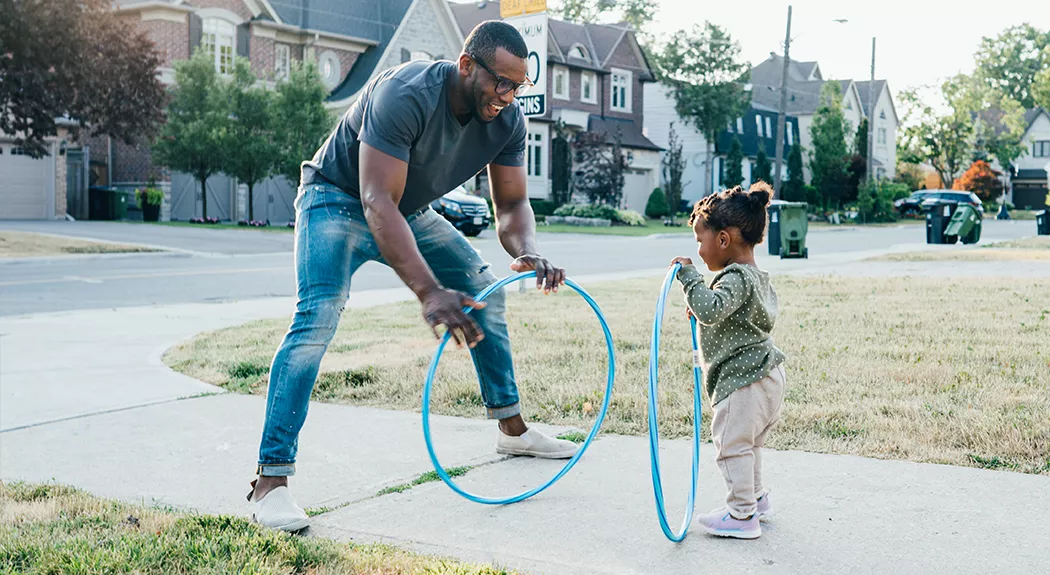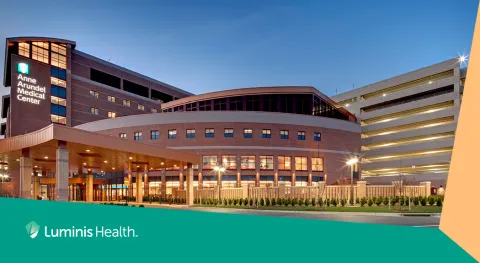by Luminis Health

Physicians across the U.S. will diagnose almost 100,000 new cases of colorectal cancer this year, according to the American Cancer Society (ACS). Of those cases, the ACS estimates that 40,000 people will die. The good news is that colorectal cancer, also referred to as colon (large bowel) cancer, is preventable and curable if diagnosed early. The best way to achieve this is by getting a screening colonoscopy.
Let’s start with the basics – what is a colonoscopy?
Most colorectal cancers start from ‘silent’ growths within the colon called polyps. We use a screening colonoscopy to detect and remove polyps. The procedure takes about 20 to 30 minutes to complete. Once we sedate the patient, we insert a colonoscope that goes to the end of the colon. We remove any polyps seen during the procedure. Next, we collect the polyps for analysis. Removal of these polyps prevents the development of colorectal cancer.
There are alternative screenings.
There are many stool-based tests used for screening. Among these is the Cologuard test. For this test, the patient collects their stool at home and then ships it to a lab. Cologuard is very good for screening and is less invasive. Other tests check for blood in the stool. These tests occur in a doctor’s office or at home.
Talk to your provider.
You should get your first screening at age 50, but we recommend talking to your provider about screening beginning at the age of 45. An earlier screening is recommended at age 40 for people with a family history of colon cancer, and some research suggests African-Americans should get a colonoscopy at age 45.
Diet can play a role in colon health.
A diet low in fat and high in fiber can improve colon health. This type of diet may reduce your colorectal cancer risk.
Signs and symptoms.
Patients with early colorectal cancer usually don’t have symptoms. In later stages of undiagnosed colorectal cancer, symptoms may include:
- Rectal bleeding
- Anemia
- Abdominal pain
- Loose stools
- Constipation
- Weight loss
Screening for early detection of colorectal cancer is crucial. Even for advanced colorectal cancers, a 95% cure rate is possible with the latest surgical and cancer therapies. Colorectal cancer is preventable. Don’t wait if you are over 50. Call your primary care provider to set up a colonoscopy screening. Doctors’ offices are safe, ready and open to care for you.
 Showkat Bashir, MD, specializes in gastroenterology at Doctors Community Hospital.
Showkat Bashir, MD, specializes in gastroenterology at Doctors Community Hospital.

